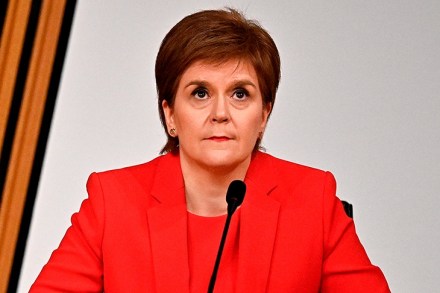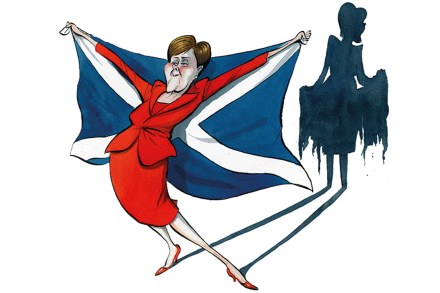Is Sturgeon losing support for Scottish independence?
Every politician likes to say that they don’t pay attention to opinion polls. In my experience, this is almost universally untrue. Those who sail in an ocean of public opinion want to know which way the wind is blowing. The most recent polls show the wind is in the Tories’ sails at the moment: the YouGov post-Budget survey indicated a 13-point Tory lead. But in Scotland for the past year, polls have consistently shown majority support for independence. That’s now changing. Nicola Sturgeon can’t claim she doesn’t pay attention to the polls; she has too often commented on ones showing independence ahead. After roughly 20 polls in a row put




















